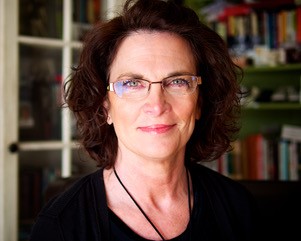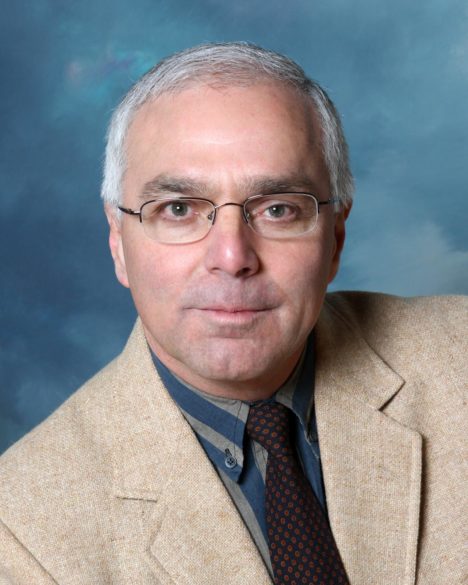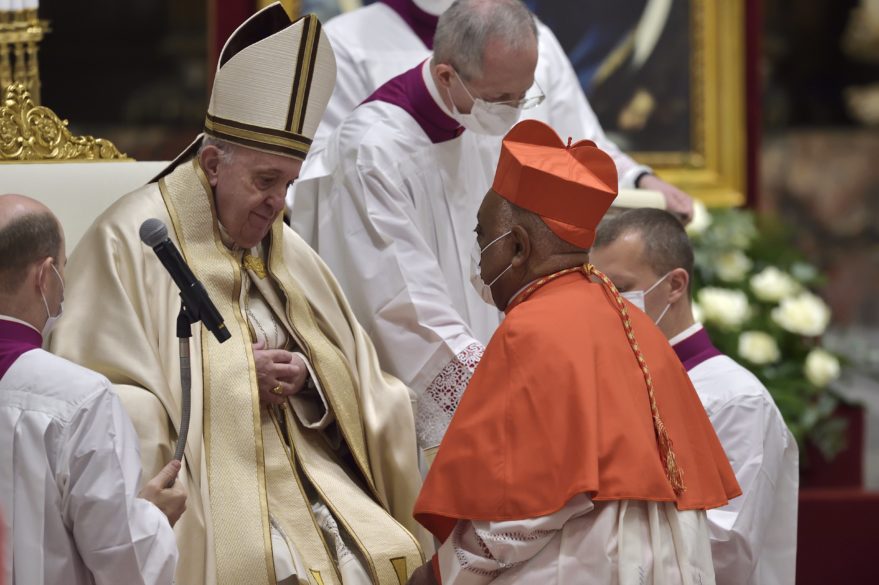By Maria Wiering
ST. PAUL, Minn. (CNS) – Despite the pandemic-related dearth of holiday parties and typical social engagements that – for many – stuff the weeks before Christmas, Jolene Gerads said she’s feeling a special excitement about this year’s Advent.
There’s more time, more space, more energy, she said.
In the past, she, her husband, Robert, and their four boys, ages 9 and under, spent the holidays traveling to different parts of the state to celebrate with both sides of the family. That meant that many traditions they started on the First Sunday of Advent – such as the Jesse Tree – petered out as Christmas drew near, and never saw completion.
For the Geradses, this year’s quieter season of preparation at home means potential for greater focus and fewer distractions ahead of Christmas.
Catholics across the Archdiocese of St. Paul and Minneapolis may relate. With the COVID-19 pandemic upending daily routines and now some long-held pre-Christmas traditions, some are embracing the space created – both in their calendars and their minds – by fewer social obligations, an eliminated commute and more time at home. The First Sunday of Advent was Nov. 29.
Busy Advents of the past pushed the Geradses to exchange their stationary Jesse Tree – which follows salvation history through tracing Jesus’ family tree, often through ornaments on a real tree – for a book with a similar idea, “Jonathan’s Journey,” which could accompany them on Christmas travels.
The Jesse Tree didn’t work for her family, Gerads explained, because she never tied it to something already in their routine. Her successful Advent traditions, such as prayer around the wreath, are tied to things her family already does, like sharing meals.
This year, the Geradses plan to turn off the lights right before dinner and light the Advent wreath in darkness, said Jolene, 34.
Other families noted rooting some of their children’s Advent traditions in practicing selfless behavior. One common practice is putting a piece of straw in an empty manger each time a child makes a sacrifice, making a home for Jesus in their hearts as they make one for him in the creche.
Gerads admires a friend’s tradition, where family members write down their sacrifices on paper and put them in a designated “stocking for Jesus.” On Christmas Eve, the stocking is emptied and their selfless deeds are read aloud.
“There’s a lot of neat ways to dig into the season, since we have this extra time,” she told The Catholic Spirit, newspaper of the Archdiocese of St. Paul and Minneapolis.
Gerads is optimistic about this year’s Advent because the family observed an exceptional Lent, she said. When Masses were first suspended in March due to COVID-19, her family decided to “make a rich Lent” for themselves, and doubled down on their intentionality for the season.
“We had nothing else to rely on,” she said of that Lent. “We didn’t have our normal ‘crutches'” such as external Bible studies or prayer groups. “We knew that this is what we have to work with right now, so let’s make it as rich as possible.”
Observing Advent as a family – and the liturgical seasons year-round – helps to instill faith in children, but it’s also important for adults, Gerads said.
Following the liturgical calendar makes their faith “not just a Sunday thing, not just a nighttime prayer thing,” she said. “It’s how we do life.”
“We need to be so much more intentional about bringing the beauty of the faith, and the church and the traditions of the church and the liturgical year … to our children, and into ourselves,” she added. “When you enter into it fully, the Lord can give so much grace through it.”
For Catholics who live alone, virtual Advent resources abound, many with opportunities to connect online for faith-sharing.
Advent during “Covidtide,” as some have termed the pandemic, allows families to enter a type of “family cocoon” or period of dormancy, said Anne Nicklaus, 57, whose family belongs to Our Lady of Peace Parish in Minneapolis.
“Like the plants that go to sleep in the winter, something is happening, and they are becoming recreated and renewed for something much greater in the spring,” she said. “And I think that can happen in their families. But it can’t happen if it’s crowded out with other things. In other words, we have to say no to something to make space for that greater thing that can happen.”
The Nicklauses also focus on the penitential aspect of Advent, which, she noted, is made easier this year with the COVID-19-related restrictions.
“Advent is a time of sacrifice,” she said, “but we are making room for something better.”
(Wiering is editor of The Catholic Spirit, newspaper of the Archdiocese of St. Paul and Minneapolis.)







